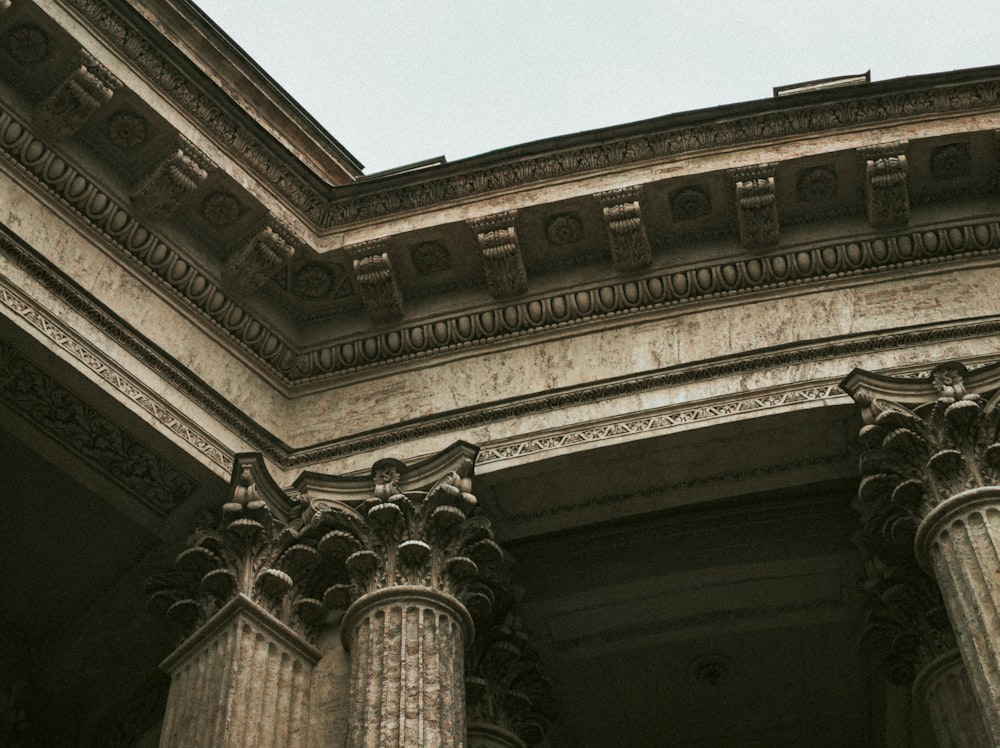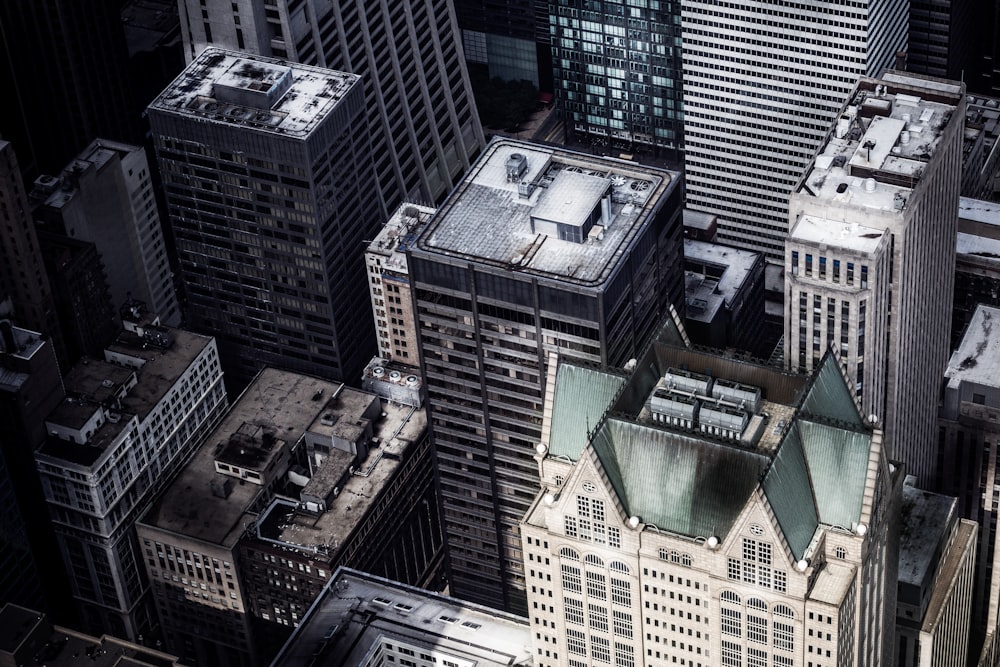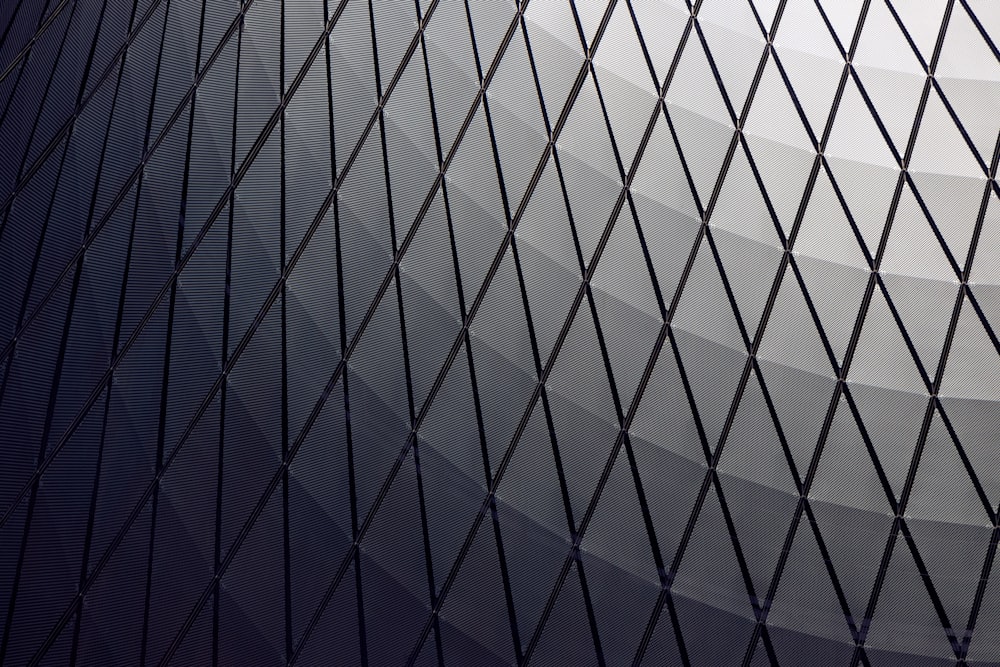Neoclassical Style Timeless Elegance for Modern Living

Exploring Neoclassical Style
A Blend of History and Modernity
Neoclassical style stands as a timeless testament to the beauty of ancient Greek and Roman architecture, infused with a touch of modern sophistication. This architectural style, which emerged in the 18th century, continues to captivate with its symmetrical designs, elegant proportions, and classical motifs.
Historical Roots
The roots of neoclassical style can be traced back to the archaeological discoveries of ancient ruins in Greece and Italy. Architects and designers of the time were inspired by the grandeur of these ancient civilizations, seeking to revive the classical forms in their contemporary works.
Symmetry and Balance
At the core of neoclassical style is the emphasis on symmetry and balance. Facades are often adorned with columns, pediments, and porticos, creating a harmonious composition that evokes the architectural orders of ancient Greece and Rome.
Graceful Proportions
Neoclassical buildings are known for their graceful proportions, with facades that are carefully designed to create a sense of grandeur and elegance. Tall, slender columns support entablatures adorned with intricate carvings, while expansive windows flood interiors with natural light.
Classical Motifs
Classical motifs such as acanthus leaves, rosettes, and Greek key patterns are prevalent in neoclassical style. These ornamental elements adorn everything from furniture to molding, adding a touch of classical beauty to every corner of the space.
Luxurious Materials
Neoclassical interiors often feature luxurious materials such as marble, granite, and fine woods. These materials not only add to the aesthetic appeal but also speak to the sophistication and refinement of the style.
Light and Airy Interiors
Neoclassical interiors are characterized by their light and airy feel, achieved through high ceilings, large windows, and open floor plans. This sense of spaciousness creates a welcoming atmosphere for modern living.
Timeless Color Palette
The color palette of neoclassical style is typically neutral and understated, with shades of cream, beige, gray, and soft pastels dominating the space. These colors serve as a backdrop for the architectural elements and allow the beauty of the design to shine through.
Modern Interpretations
While neoclassical style is rooted in history, it continues to evolve with modern interpretations. Today, designers blend classical elements with contemporary touches, creating spaces that are both elegant and functional.
Influence on Modern Architecture
The influence of neoclassical style can be seen in many modern buildings, from government structures to residential homes. Its timeless elegance and classical proportions continue to inspire architects and designers around the world.
Preserving a Legacy
In conclusion, neoclassical style remains a beacon of timeless elegance, offering a glimpse into the grandeur of ancient civilizations. Its graceful proportions, classical motifs, and luxurious materials create spaces that exude sophistication and refinement. As we continue to appreciate and preserve the legacy of neoclassical style, we honor the enduring beauty of classical architecture in our modern world. Read more about neoclassical style





![Unlocking Real Estate Success [Company Name] Unlocking Real Estate Success [Company Name]](https://images.unsplash.com/photo-1583142499515-db3e66a57bdc?fm=jpg&q=60&w=3000&ixlib=rb-4.1.0&ixid=M3wxMjA3fDB8MHxzZWFyY2h8N3x8cmVhbCUyMGVzdGF0ZSUyMGludmVzdG1lbnQlMjBjb21wYW55fGVufDB8MHwwfHx8Mg%3D%3D)


